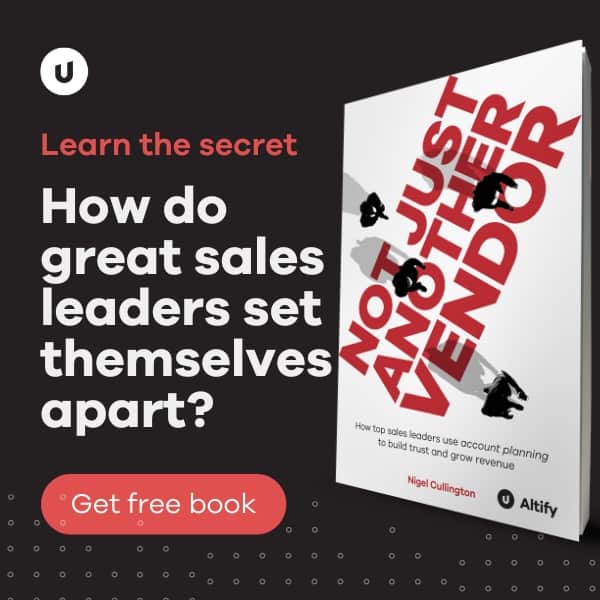So, here’s a thing that I feel often goes un-noticed. The best sales people are the best because they work very hard at it. Their application is much greater than their mediocre counterparts, but particularly – and here’s my main point – they work really hard at working smarter.
[By the way – please complete the poll at the end]
Leading sales people are on a constant mission of self-improvement. They crave knowledge about anything that makes them more productive and or effective. They turn to books, magazines, and (we hope) topical blogs for knowledge. They apply methodology , process and technology for effectiveness. And, in their endless pursuit of excellence, they seek out mentors, discuss successful strategies with their successful colleagues and mine their broader network to continuously hone their expertise. But is there a better way? Is leveraging the ‘wisdom of crowds’ a way to come up with the ‘best’ knowledge? Is there a role for crowdsourcing?
Crowdsourcing, as you know, is where you use an undefined, large group of people to contribute to a task, that would otherwise be conducted by an individual (or close-knit group). Could this be an effective way to uncover deep wisdom about a specific niche topic of specific relevance to the sales profession? LinkedIn Answers, Yahoo Answers,Answers.com, Google Answers and of course Wikipedia all provide high level answers to questions. However, when applied to sales, each only scratches the surface of a topic – partly because their remit is so broad, but also because understanding the nuance of language is something yet beyond the capability of the underlying technology. A human still needs to be involved to fully understand the context of the question if it gets even minimally sophisticated.
But it doesn’t have to be so limited. In his excellent Wikinomics book, Don Tapscott tells of how Goldcorp, a Canadian mining company, leveraged the ‘wisdom of crowds’ to help it determine where best to mine for gold. The result – 80 million ounces of gold. The difference between Goldcorp’s approach and the aforementioned general answer engines was that Goldcorp contributed significant information to the outsourced community to get started. Similar, better known examples, would include Linux from the open-source software movement.
The difference between skin-deep knowledge and deep wisdom seems to be a function of Concentration, initial Content, the right Community.
Concentration: It’s all about focus: If you were to apply this to the sales profession, you should focus on perhaps value proposition development, negotiation skills, or qualification techniques – rather than on sales as a general topic.
Content: It’s much easier for the Community to participate if there is initial content to work with – to elaborate, develop existing initial ideas, provide supporting real-life examples, or just simply disagree with. Content has a second component though – and that’s after the input from the Community – filtering the input, and maintaining editorial control must be rigorous.
Community: You’ve got to start with the right crowd, those who can contribute, who care, adn who have a passion and deep expertise about the subject. And the, they need to be recognized or rewarded in some way.
So, here’s the question. Would you participate? If I was to initiate a project to create the ultimate blueprint for sales success – starting perhaps with Sales Messaging, Value Proposition Development, Hiring, Qualification, Negotiation, Questioning Techniques, Global Account Management, Gaining Access to Buyers, or some other suggested topic – would you participate?
Please comment with any suggestions or questions.



